Activision Blizzard Acquisition: FTC's Appeal And Its Implications
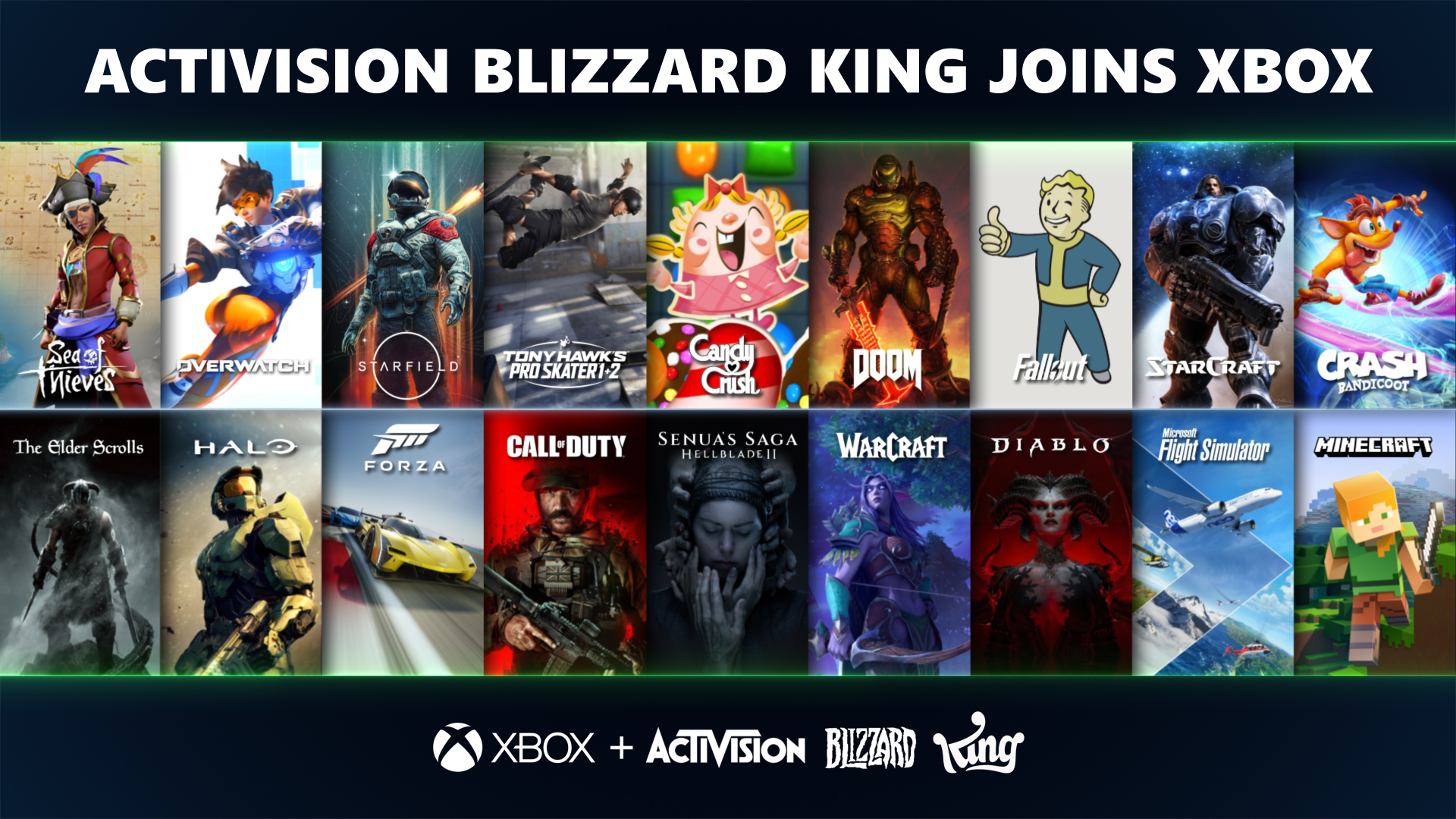
Table of Contents
The FTC's Case Against the Activision Blizzard Acquisition
The Federal Trade Commission (FTC) filed suit to block the Microsoft-Activision Blizzard merger, arguing it would substantially lessen competition within the video game market. Their core argument centers on the potential for anti-competitive practices by Microsoft, leveraging its vast resources and influence to harm consumers and competitors.
- Reduced competition in the console gaming market: The FTC argues that Microsoft’s acquisition of Activision Blizzard, home to iconic franchises like Call of Duty, World of Warcraft, and Candy Crush, would give Microsoft an unfair advantage over its competitors, such as Sony and Nintendo. This dominance could lead to reduced innovation and less choice for gamers.
- Harm to consumers through higher prices or less innovation: The FTC contends that without competition, Microsoft could raise prices for Activision Blizzard games, reduce the quality of games, or limit the availability of titles on competing platforms. This directly harms consumers who would face less choice and higher costs.
- Loss of choice for gamers: Exclusive deals and platform lock-in are central concerns. The FTC fears Microsoft might make Activision Blizzard titles exclusive to Xbox, limiting player access on PlayStation or other platforms.
- Potential for Microsoft to leverage its ownership of Activision Blizzard's intellectual property to stifle competitors: By controlling key franchises, Microsoft could potentially use them as leverage to exclude rivals from the market, creating a barrier to entry for new competitors.
The FTC's legal arguments rely heavily on established antitrust laws, focusing on the potential for monopolization and the elimination of substantial competition.
Microsoft's Defense and Counterarguments
Microsoft has vigorously defended its acquisition, arguing that it will benefit consumers and increase competition, particularly within the rapidly growing cloud gaming market. Their counterarguments focus on several key points:
- Claims of benefits to consumers: Microsoft highlights plans to bring Activision Blizzard games to more platforms, including Game Pass, making them accessible to a broader audience at potentially lower prices. They insist this expands consumer choice rather than limiting it.
- Rebuttal of anti-competitive claims: Microsoft argues that the gaming market is dynamic and competitive, with numerous players. They claim their acquisition won’t create a monopoly and that significant competition remains from Sony, Nintendo, and other publishers.
- Emphasis on increased competition in the cloud gaming market: Microsoft emphasizes its commitment to expanding its cloud gaming services, suggesting the acquisition will fuel innovation and competition in this emerging sector.
To address some of the FTC’s concerns, Microsoft offered concessions during the legal process, including licensing agreements to ensure Call of Duty remains available on other platforms. However, these concessions were deemed insufficient by the FTC.
The Appeal Process and its Potential Outcomes
The FTC's appeal is currently underway, and the legal process will determine the fate of the merger. Several potential outcomes exist:
- The FTC winning the appeal and blocking the acquisition: This outcome would represent a significant victory for antitrust enforcement and could significantly reshape the landscape of future tech mergers. It would also likely delay or prevent Microsoft from achieving its strategic goals in the gaming market.
- Microsoft winning the appeal, allowing the acquisition to proceed: A victory for Microsoft would allow the merger to complete, potentially leading to significant changes within the gaming industry, including the integration of Activision Blizzard's properties into Microsoft's ecosystem.
- A negotiated settlement between Microsoft and the FTC: A settlement could involve Microsoft agreeing to further concessions or commitments to mitigate the FTC's concerns about anti-competitive practices.
Each outcome carries substantial implications, impacting game pricing, availability, innovation, and the overall competitive structure of the gaming market.
Broader Implications for the Gaming Industry and Mergers & Acquisitions
The Activision Blizzard Acquisition case sets a crucial precedent for future mergers and acquisitions in the gaming and tech sectors. It highlights the increasing regulatory scrutiny of large tech mergers and the evolving landscape of competition and antitrust laws.
- Increased regulatory scrutiny of large tech mergers: This case demonstrates the heightened attention regulators are paying to the competitive effects of large acquisitions within the tech industry. Future mergers are likely to face more rigorous investigation and potentially stronger opposition from regulatory bodies.
- Evolving regulatory landscape concerning competition and antitrust laws: The outcome of this case will likely influence the interpretation and application of antitrust laws, particularly regarding mergers in the digital marketplace.
- Roles of other regulatory bodies globally: The EU and other global regulatory bodies are also closely monitoring this case, as it has international implications for competition law and the regulation of major tech mergers.
The precedent set by this case will profoundly affect how future deals are structured and negotiated.
Conclusion: The Future of the Activision Blizzard Acquisition and Regulatory Scrutiny
The FTC's appeal against the Microsoft-Activision Blizzard acquisition presents a critical juncture for the gaming industry. The potential outcomes – blocking the merger, allowing it to proceed, or reaching a negotiated settlement – each have far-reaching consequences for competition, consumer choice, and the future of gaming. The case underscores the increasing importance of regulatory scrutiny of large tech mergers and the evolving landscape of antitrust enforcement. To stay informed about the latest developments in this significant legal battle, follow reputable news sources and legal updates on the Activision Blizzard Acquisition and the FTC's appeal. Understanding the final outcome of this case is crucial for anyone invested in the future of the gaming industry.

Featured Posts
-
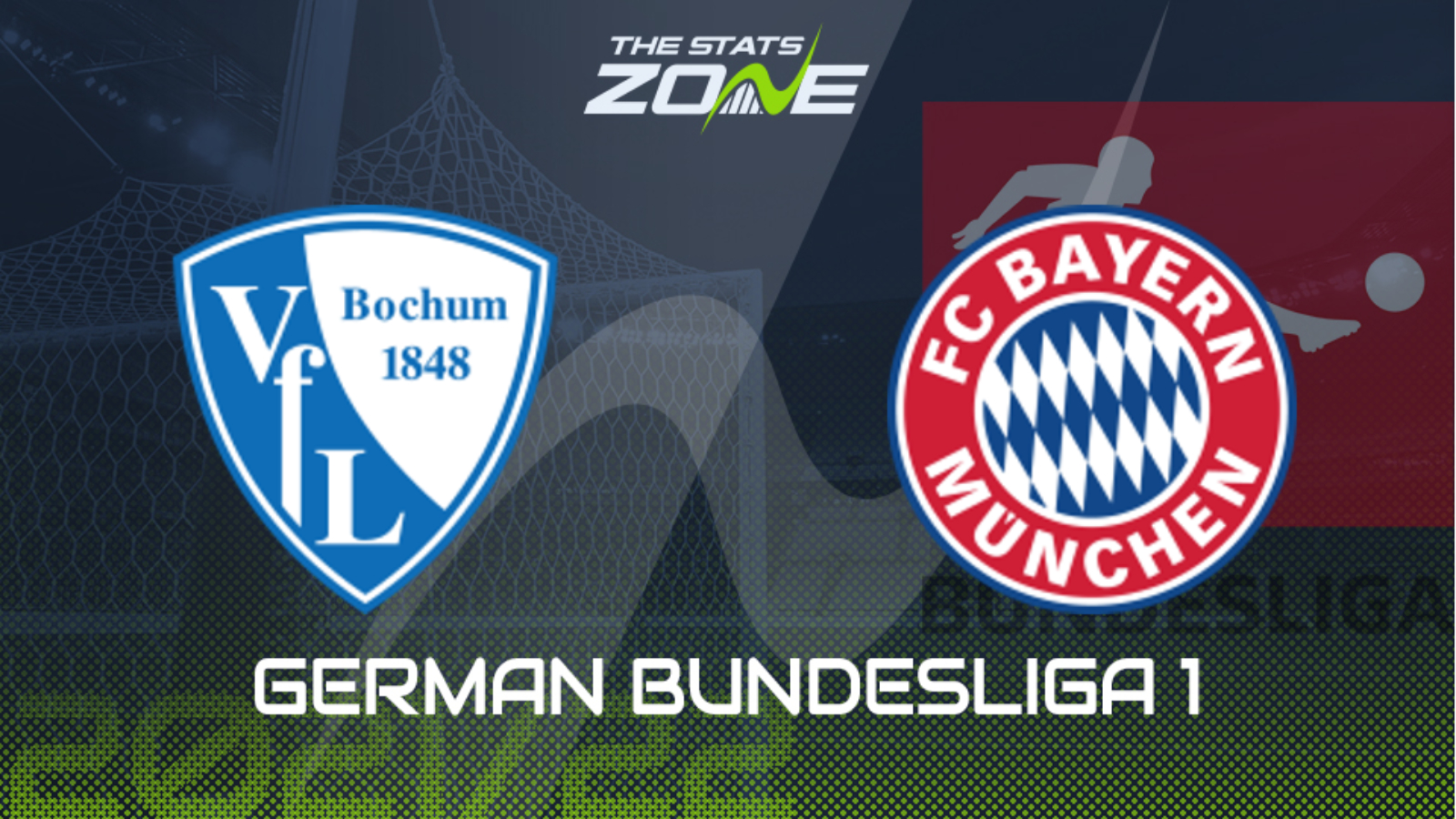 Predicting The Bayern Munich Vs Vf L Bochum Bundesliga Clash
Apr 25, 2025
Predicting The Bayern Munich Vs Vf L Bochum Bundesliga Clash
Apr 25, 2025 -
 Newton Aycliffes House Of Hair A Top Ten Salon According To The Echo
Apr 25, 2025
Newton Aycliffes House Of Hair A Top Ten Salon According To The Echo
Apr 25, 2025 -
 Canberra Marathon Veteran Bob Fickel Set For 40th Attempt
Apr 25, 2025
Canberra Marathon Veteran Bob Fickel Set For 40th Attempt
Apr 25, 2025 -
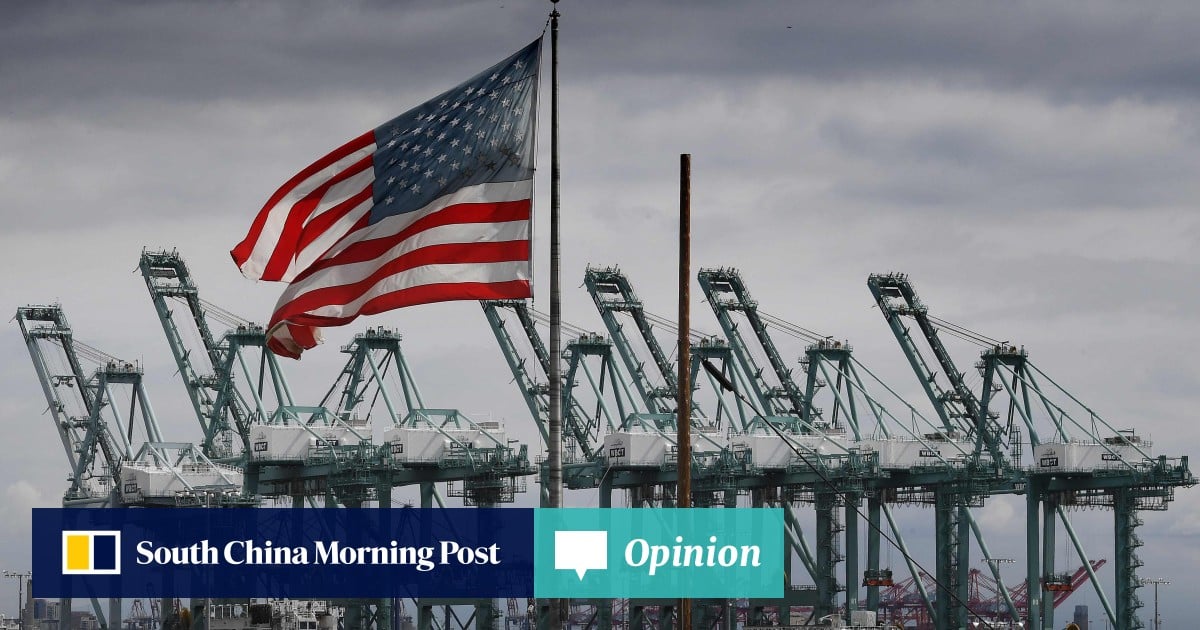 China To Issue Special Bonds Amidst Us Trade War
Apr 25, 2025
China To Issue Special Bonds Amidst Us Trade War
Apr 25, 2025 -
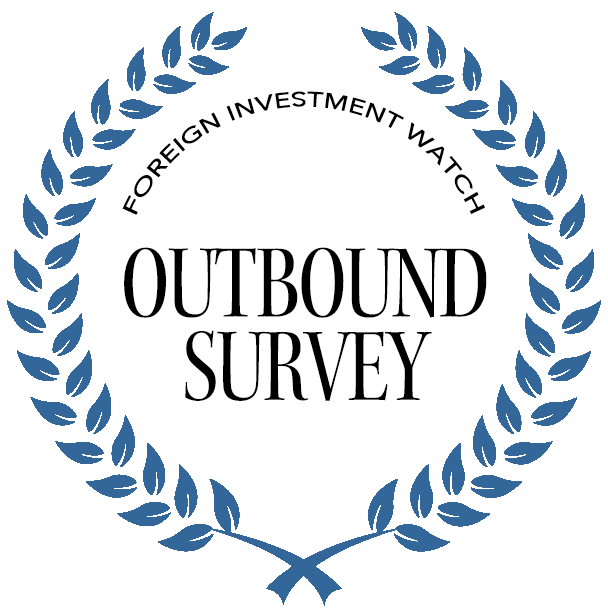 Foreign Investment Bets On Japan Prolonged Yield Rebound Suggested By Swap Market Data
Apr 25, 2025
Foreign Investment Bets On Japan Prolonged Yield Rebound Suggested By Swap Market Data
Apr 25, 2025
Latest Posts
-
 Newsoms Sharp Rebuke Of Toxic Democrats
Apr 26, 2025
Newsoms Sharp Rebuke Of Toxic Democrats
Apr 26, 2025 -
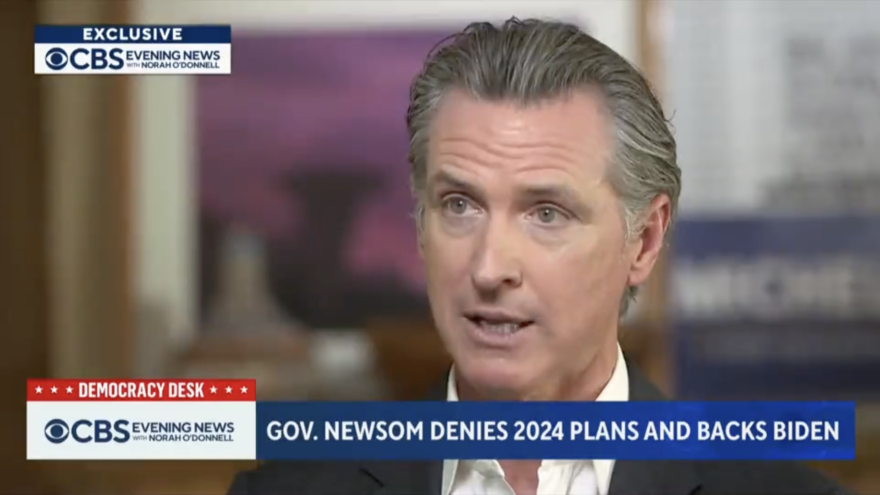 Gavin Newsom Criticizes Toxic And Judgmental Democrats
Apr 26, 2025
Gavin Newsom Criticizes Toxic And Judgmental Democrats
Apr 26, 2025 -
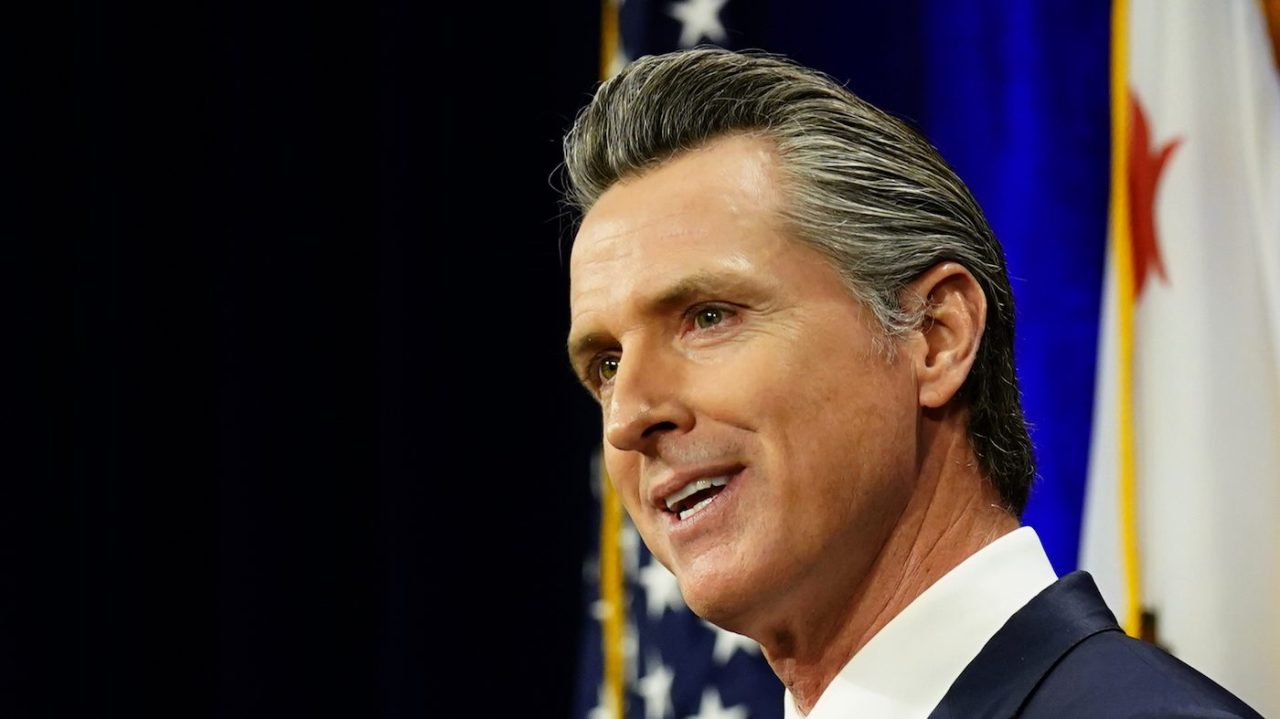 Newsom Faces Criticism For Toxic Democrats Comment
Apr 26, 2025
Newsom Faces Criticism For Toxic Democrats Comment
Apr 26, 2025 -
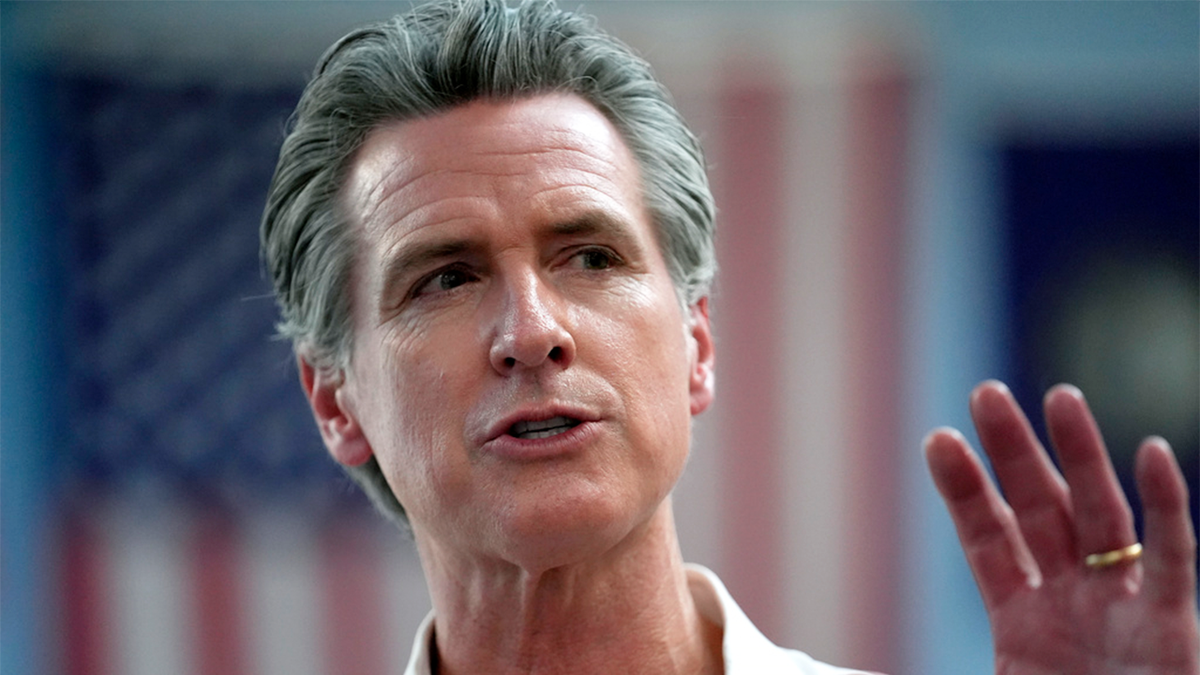 Gavin Newsoms Toxic Democrat Remark A Political Backlash
Apr 26, 2025
Gavin Newsoms Toxic Democrat Remark A Political Backlash
Apr 26, 2025
